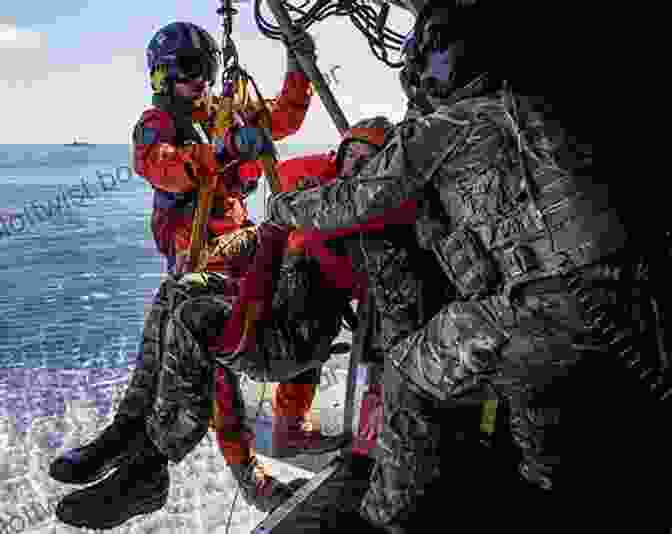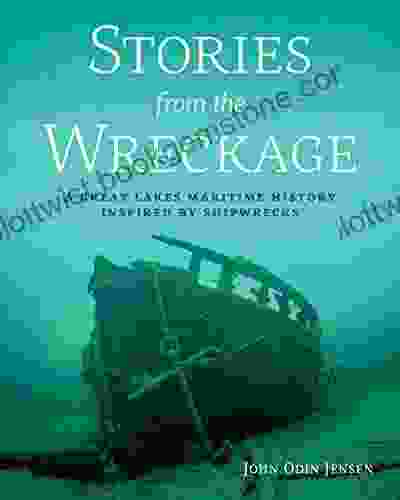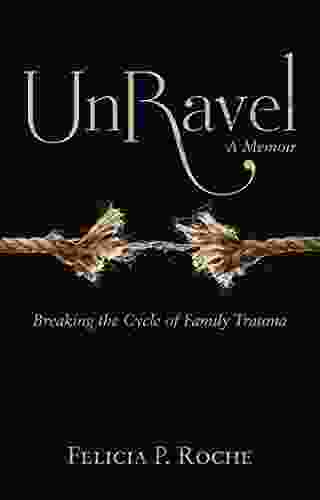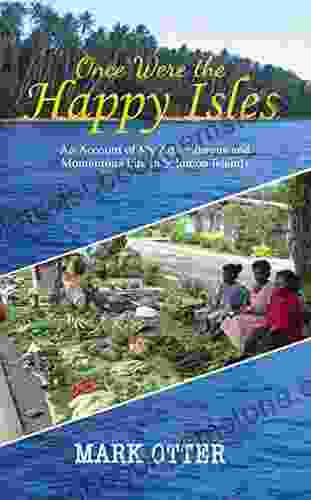
In the aftermath of a catastrophe, the wreckage often tells a somber tale of loss and destruction. But amidst the ruins, there are also stories of resilience, hope, and the enduring power of the human spirit. These are the stories that can inspire us, remind us of our own strength, and help us to heal.
4.7 out of 5
| Language | : | English |
| File size | : | 35944 KB |
| Text-to-Speech | : | Enabled |
| Screen Reader | : | Supported |
| Enhanced typesetting | : | Enabled |
| Word Wise | : | Enabled |
| Print length | : | 361 pages |
In the aftermath of the September 11th attacks, for example, countless stories emerged from the wreckage of the World Trade Center. These stories told of unimaginable courage, selflessness, and compassion amidst unimaginable horror. They were stories of first responders who risked their own lives to save others, of survivors who fought through the pain and devastation to rebuild their lives, and of families who found solace and strength in the face of unspeakable loss.
These stories were not just about the tragedy itself, but about the human spirit's ability to triumph over adversity. They were stories that reminded us of the importance of hope, perseverance, and love. And they were stories that helped us to heal.
The same is true of any catastrophe, whether it is a natural disaster, a terrorist attack, or a war. In the wreckage, we can find stories of loss and destruction, but we can also find stories of resilience, hope, and the enduring power of the human spirit. These are the stories that can inspire us, remind us of our own strength, and help us to heal.
The Importance of Storytelling in Disaster Recovery
Storytelling is an essential part of disaster recovery. It allows survivors to process their experiences, to make sense of the chaos, and to begin to heal. It also allows us to connect with others who have been through similar experiences and to find strength in their stories.
There are many different ways to tell stories from the wreckage. Some survivors choose to write about their experiences, while others prefer to share their stories through spoken word, art, or music. No matter how the story is told, it is an important way to process the trauma of disaster and to begin to heal.
How to Help Survivors Tell Their Stories
If you know someone who has survived a disaster, there are many things you can do to help them tell their story. Here are a few suggestions:
- Listen to their story without judgment or interruption.
- Encourage them to tell their story in whatever way feels most comfortable for them.
- Offer to help them write down their story or connect them with a therapist or other resources.
- Respect their privacy and let them decide how much they want to share.
- Thank them for sharing their story and let them know that you believe them.
Telling stories from the wreckage is an important part of disaster recovery. It allows survivors to process their experiences, to make sense of the chaos, and to begin to heal. It also allows us to connect with others who have been through similar experiences and to find strength in their stories.
If you know someone who has survived a disaster, please encourage them to tell their story. Their story is important and it can help others to heal.















































































































































































































































































































































































































































































































































































































